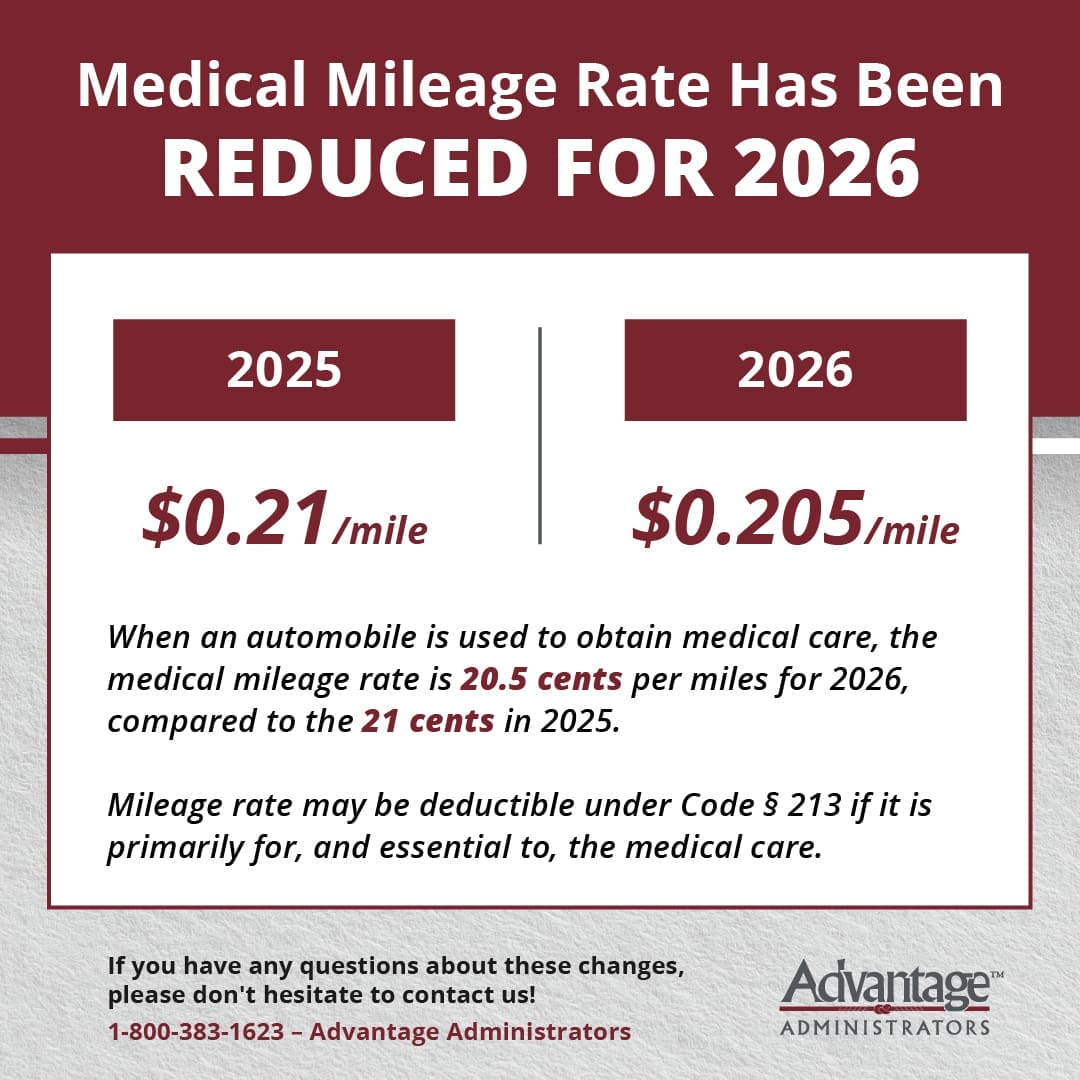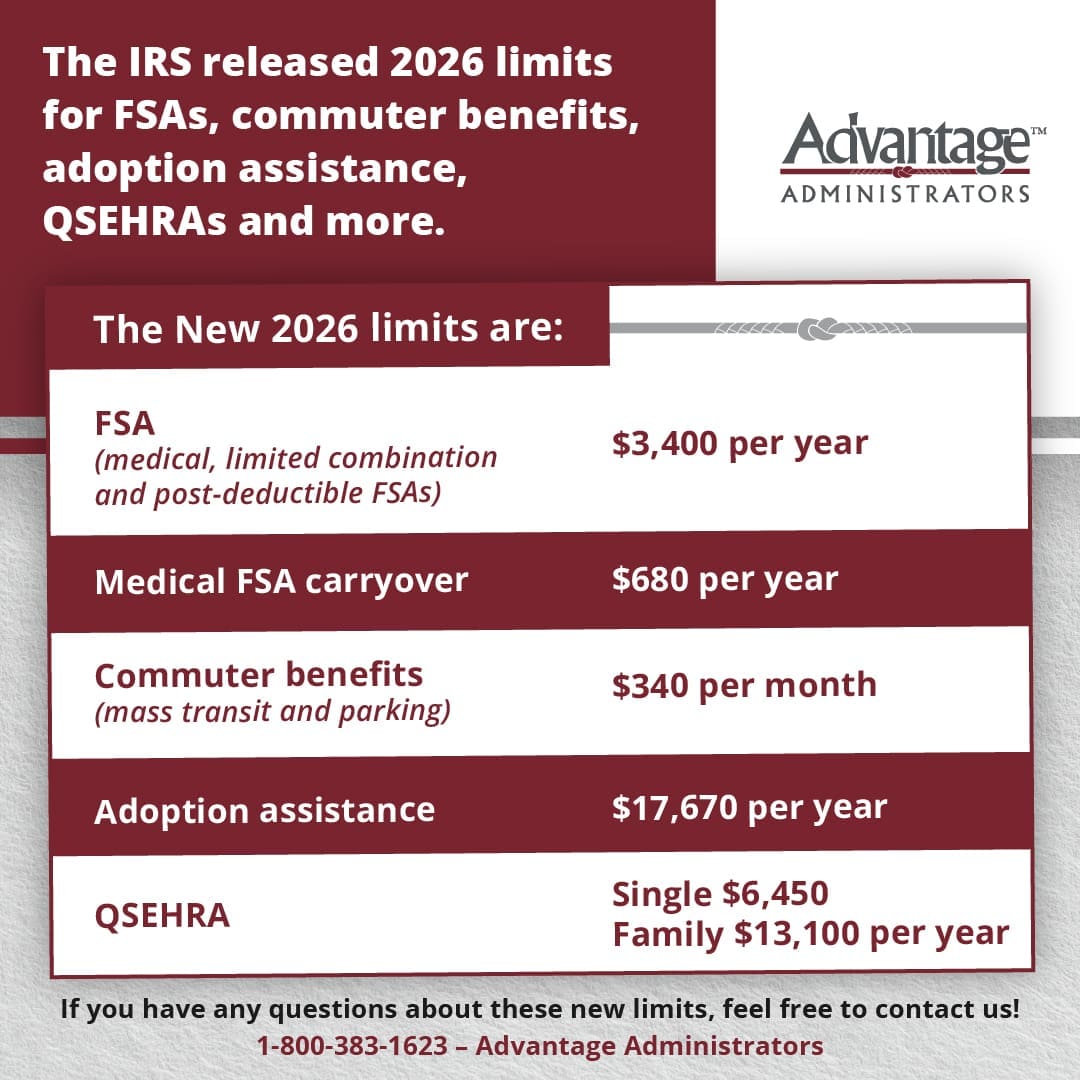HSA After Retirement
Most of your employees already understand that health savings account (HSA) withdrawals are tax-free when used for eligible expenses. What most employees miss out on is how significant this need is as they age. Reports show that the third largest expense for retirees, after housing and transportation, are healthcare costs. However, HSAs come with retirement perks that get better after participants reach 65.
NO PENALTIES FOR INELGIBLE EXPENSES
Once an HSA participant reaches the age of 65, they can use their HSA funds to pay for any expense without facing a 20% tax penalty. This means that funds are spent tax-free for eligible healthcare expenses and ineligible expenses are still taxed. This is better than a traditional 401(k), where the funds are taxed as income when retired employees withdraw them.
PAYING FOR MEDICARE AND LONG-TERM NEEDS
Medicare is normally not available to an individual until they turn 65. Because of this, having an HSA adds spending flexibility. One thing to keep in mind is that participating individuals cannot contribute to an HSA plan once on Medicare, but they can always withdraw funds.
Another perk of having an HSA is that employees that purchase long-term care insurance  can actually use their HSA funds to pay for different Medicare premiums and/or long-term insurance premiums with limits on how much they can withdraw for these premiums. Long-term care services, such as in-home personal care assistance, adult day health care, skilled nursing, chore services, meal preparation and respite care, along with wheelchairs, hospital beds and oxygen, are HSA eligible unless the services qualify as medical care expenses.
can actually use their HSA funds to pay for different Medicare premiums and/or long-term insurance premiums with limits on how much they can withdraw for these premiums. Long-term care services, such as in-home personal care assistance, adult day health care, skilled nursing, chore services, meal preparation and respite care, along with wheelchairs, hospital beds and oxygen, are HSA eligible unless the services qualify as medical care expenses.
If you would like to learn more about HSAs contact Advantage Administrators.
The information in this blog post is for educational purposes only. It is not legal or tax advice. For legal or tax advice, you should consult your own counsel.










 Flex Plans
Flex Plans Forms
Forms HSA
HSA HRA
HRA Retirement
Retirement Health Shopper
Health Shopper FSA Store
FSA Store
 can actually use their HSA funds to pay for different Medicare premiums and/or long-term insurance premiums with limits on how much they can withdraw for these premiums. Long-term care services, such as in-home personal care assistance, adult day health care, skilled nursing, chore services, meal preparation and respite care, along with wheelchairs, hospital beds and oxygen, are HSA eligible unless the services qualify as medical care expenses.
can actually use their HSA funds to pay for different Medicare premiums and/or long-term insurance premiums with limits on how much they can withdraw for these premiums. Long-term care services, such as in-home personal care assistance, adult day health care, skilled nursing, chore services, meal preparation and respite care, along with wheelchairs, hospital beds and oxygen, are HSA eligible unless the services qualify as medical care expenses.